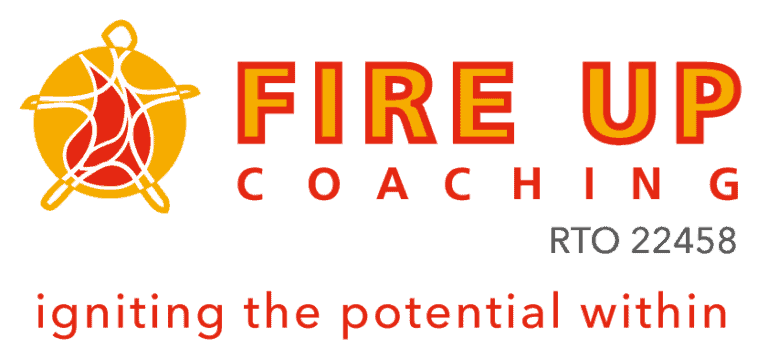“If you are responsible for designing development for your people, why would you want to create a company of ‘nice’ people – don’t you want to create a company of people who are ‘strong.”
Daniel Goleman, author of Emotional Intelligence.
Daniel Goleman wrote that the thing he sees people most get wrong about EQ is that it “equates to being nice”.
Emotional Intelligence, or ‘EQ’ is a cross-section of interrelated emotional competencies, that determine how effectively we understand and express ourselves, understand others and relate with them and cope with the daily demands confronting us.
What are the elements of emotional intelligence?
According to Goleman, ’emotional intelligence’, EQ consists of:
- Self-awareness
- Self-regulation
- Motivation
- Empathy
- Social skills
Here are some tips on how to improve each of these.
Self-awareness
Pause. Slow down.
Don’t react to situations immediately. Take time to process and engage in critical thinking (which means challenging your own assumptions as well as those of others).
Ensure that your reaction is measured and appropriate, not flawed by emotional responses in the heat of the moment.
Self-regulation
When you consistently react in a calm way to pressure it creates a general sense of improved wellbeing in the workplace, In fact, emotional literacy is key to mental wellbeing at work.
Motivation
Think of optimism as a constructive response to stress. As champions know, optimism doesn’t just mean ‘thinking happy thoughts’. It means being able to perceive the benefits of a situation, and using that constructive optimism to sustain your commitment to succeed.
Empathy
You know how it is with body language. Sometimes, the way something is said is just as important as what is said. The long silences after news is delivered, the sigh an employee tried to hide, or the employee who just looks incredibly tired… these things matter.
As an empathetic leader, aim to respond to these non-verbal cues. Address the emotions behind them. Give the employee the opportunity to express the problem or need they are facing, so that you can work through solutions together.
Social skills
You can avoid a toxic environment in the workplace by placing a focus on conflict leadership, not just conflict management. As a leader, you influence others, and how you do that is an important element of your abilities.
How do you implement emotional intelligence in the workplace?
The most successful companies are now understanding the necessity for emotional intelligence training and how emotions shape their team’s decisions and actions – and use this knowledge to drive performance. Both large and small companies also understand the effect that a coaching culture has on developing Emotional Intelligence to their leaders and the resultant impact on their “bottom line”. These companies are rapidly introducing a Coaching Culture for their leaders.
Learning to coach others increases the emotional and social competencies of leaders.
In the words of Sir John Whitmore, Founder, Performance Consultants International.
“I believe that emotional intelligence and coaching are inseparable; that emotionally intelligent people tend to behave in a coaching way even if they have not attended a coaching course.”

How does emotional intelligence benefit a business?
EQ training has been proven to deliver consistent benefits for both individuals and teams who commit to its principles and who are determined to improve their own EQ. These benefits include:
- Increased team performance
- Better individual performance
- Improved decision making
- Better leadership abilities
- Building diversity and inclusion
- Resilience and adaptability
- Empathy and relationship skills



